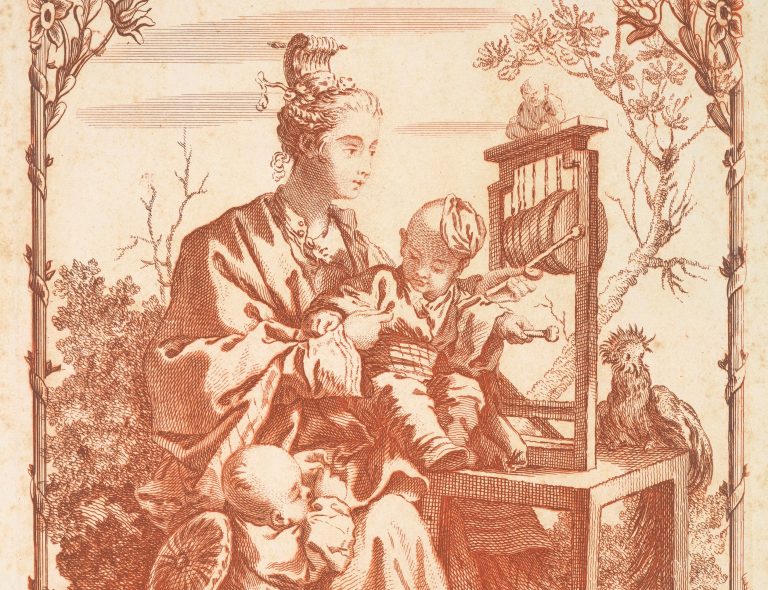June 3, is the Duanwu or Dragon Boat Festival (端午節) this year, and is one of the three most celebrated traditional holidays in China. Along with the Chinese New Year and the Mid-Autumn Festival (Moon Festival), the Dragon Boat Festival is celebrated in China and other East Asian countries.
Though the tragedy of the loyal minister Qu Yuan is famous as the festival’s origins, Duanwu is associated with a variety of folk customs.
The Dragon Boat Festival is held when the summer solstice is approaching, to welcome the arrival of summer. As a change-of-season event, it was traditionally used to ward off disease-causing insects and bacteria that come with the warm weather. The custom of hanging aromatic herbs was meant to protect against infectious diseases, evil spirits, and epidemics.
Aside from hanging mugwort (Artemisia vulgaris) and sweet flag (Acorus calamus) as a protective measure, other traditions like eating rice dumplings (zongzi 粽子), tying five-colored silk threads, wearing scented sachets, hanging paper gourds, and dragon boat racing are all popular customs.

Why hang paper gourds?
Around the time of the Dragon Boat Festival, many homes in mainland China hang bright and colorful paper gourds to ensure happiness, peace and protection from disease. While there are many legends surrounding the origin of this custom, one widely-circulated story gives an inspiring explanation.
Success
You are now signed up for our newsletter
Success
Check your email to complete sign up
A young woman and two children moved to a village. The young mother worked hard to raise her children, and was often seen carrying the older child while the younger child walked behind her. The younger child was still unstable on his little legs and often fell, crying for his mom. The mother only looked at the child lovingly each time, but never moved to carry him.
As time went on, the villagers began to take issue with the way this woman treated her younger son. Finally, one day, they stopped her and demanded to know why she didn’t carry the younger child and have the older one walk.
The mother replied simply that although she cared for both children, one was not her own.
“Are you saying that the younger one is not your own?” The townspeople asked.
“No, you have misunderstood. The younger one is my biological child, the older one is not. So, I must carry the older child when I go out, and let the younger one follow. I feel bad, but it is the only way,” the mother explained.
“So that’s how it is,” they sighed. Everyone dispersed and then an old woman appeared.
Blessings for selflessness
The kindly old lady, seeing the woman’s selflessness, pulled her aside and said, “Child, you have a heart of goodness. I’ll give you a precious gourd. When you get home, hang it on the door. There is going to be a major plague in this area soon. With this gourd, your family will be safe.” After saying that, the old woman pressed the gourd into the young woman’s hands and left with a smile.
The young woman went home and hung the gourd on the door beam as instructed. Within a few days, a plague indeed broke out in the area. No one was spared sickness except the young woman and her sons.
The plague was getting worse and the doctors were hopeless. When the kind-hearted woman saw everyone struggling with the disease, she told her neighbors the warning the old lady had given her, and how she had thus protected her family.
The villagers were amazed, and rushed to hang gourds in every house; but there were only so many gourds to be had. In order to meet everyone’s needs, someone came up with the idea of using colored paper, folded and cut into bright paper gourds, to hang at the door as a contingency. Soon, all the local families had hung their gourds.
Oddly enough, once the gourds were hung, the plague was very quickly brought under control and those affected gradually recovered.
The villagers were thrilled and grateful to the kind woman, and they came to understand an important principle: people can be protected by the divine when they keep kindness in their heart. From that point on, the villagers were eager to be kind and virtuous, which improved the local customs.
In order to commemorate this event, and to ensure happiness and well-being for the family, people began to hang paper gourds in their homes at the start of every summer, and the custom gradually spread from there.
Translation by Lucy Crawford. Edited by Leo Timm













